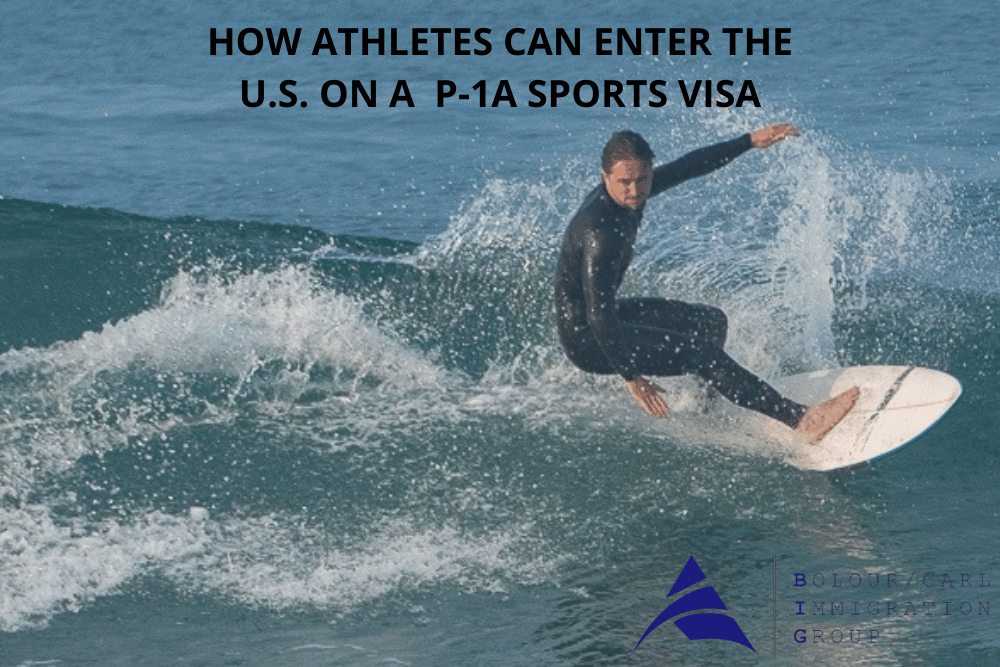
For many athletes looking to compete in the United States, a P-1A sports visa is the ticket. This temporary visa admits a wide range of athletes from around the world to participate in sporting events, tournaments and team sports. Here’s a look at how to get one.
Who is eligible for a P-1A sports visa?
The P-1A visa is available to individual athletes or members of teams whose level of performance is internationally recognized and who will be coming to the U.S. temporarily to perform in specific athletic competitions. Just as the individual or team must have a high degree of skill, the tournament or league that they will be participating in must also be at an esteemed level that requires the participation of internationally recognized athletes. P-1A visas may, for instance, be awarded to golfers who are traveling here to compete on the PGA Tour, surfers taking part in the U.S. Open of Surfing, or anglers seeking entry for the Bassmaster Opens. P-1A visas are also the best way for many foreign national players to gain entry to play in professional sports leagues like the National Hockey League or Major League Baseball as well as minor league affiliates and certain amateur leagues. Coaches and other essential support personnel, such as caddies assisting golfers on the PGA Tour, can apply for P-1S visas.
Length of stay and limitations
Initially, athletes can apply for a P-1A visa for the time needed to complete the event or competition, up to five years. Their stay can be extended for another five years, allowing them to participate in their sport in the U.S. for a total of 10 years. Athletic groups, however, are limited to one year of stay initially, which can be extended in yearly increments in order to continue competing in the same event. As a P-1A visa holder, you can travel in and out of the country for as long as the visa period lasts, and you are allowed to study part-time. However, the visa does not permit you to work outside of the specific purpose and events that you are here for.
Family members
Your spouse and children may apply for P-4 nonimmigrant status (as long as your children are unmarried and under age 21). While the P-4 visa does not allow your family members to work, it permits them to attend school, including college.
The P-1A sports visa application process
The first step is for your U.S. employer, agent or sponsor to file Form I-129, Petition for a Nonimmigrant Worker on your behalf. The application must include a copy of the written employment contract or the terms of the oral agreement; an itinerary and explanation of the nature of the events; and a consultation from an appropriate labor organization (if one exists in your sport) describing your qualifications. Depending on the situation, various additional supporting documents may be required to demonstrate your level of recognition as well as that of the event or league. Evidence for individuals, for instance, can include international ranking, a significant sports honor or award, or previous significant participation in a major U.S. sports league, on a U.S. college team or in an international competition.
P-1A visas vs. O-1A visas
Superstar athletes have the option of applying for an O-1A visa, which requires “extraordinary ability,” as defined as a “level of expertise indicating that you are one of the small percentages who have arisen to the very top of the field.” The application process is similar in many ways to that for P-1A visas, but O-1A applicants will need a consultation stating they are among a very elite few at the top of the profession, in addition to other supporting evidence, which can include a major international award like an Olympic gold medal or three pieces of evidence that do not quite rise to that level. O-1A visas are initially available for up to three years and can be extended in yearly increments, and, relative to P-1A visa holders, it is easier for O-1A visa holders to adjust their status to become permanent residents. A sports visa lawyer can assist you in selecting which visa category is best suited for you and which evidence to present to strengthen your case.
After the petition is approved
Once the petition is approved, you can apply for your P-1A visa by completing Form DS-160, Online Nonimmigrant Visa Application electronically and bringing a copy to your interview at a U.S. embassy or consulate, usually in your country of residence.
Planning for the future
Athletes who are interested in remaining in the U.S. after their playing days should not wait to engage in immigration status strategic planning. An injury can end your career suddenly and unexpectantly, leading to loss of P-1A status. Consider meeting with an attorney sooner than later to weigh your options for adjusting your status if you wish to make the U.S. your permanent home.
If you would like to speak to a sports visa lawyer, contact Bolour/Carl Immigration Group at 323-857-0034 or [email protected].




